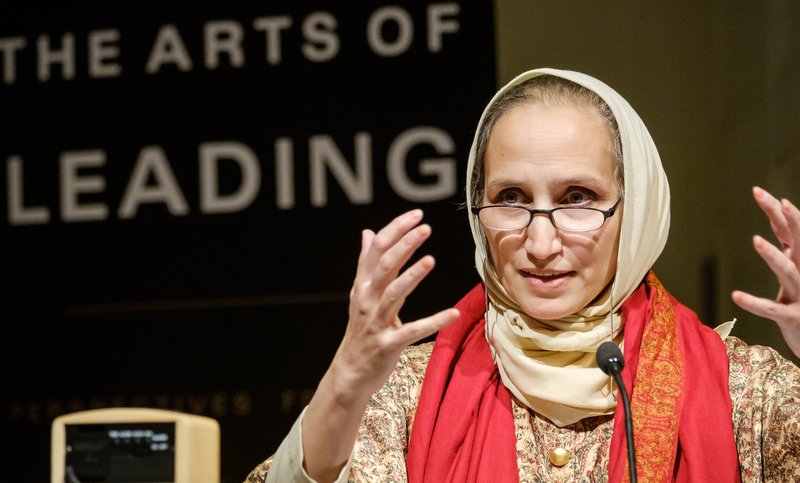Tahera Qutbuddin awarded Leverhulme Research Fellowship
During her Research Fellowship, Professor Qutbuddin will complete her forthcoming monograph, Ali ibn Abi Talib: Life, Teachings, and Eloquence of the Sage of Islam. The project offers a comprehensive historical, literary, and intellectual biography of Imam Ali (d. 661), a towering figure in Islam revered across Sunni and Shia traditions. Drawing on Ali’s own words—his orations, letters, and maxims—as primary sources, the book reconstructs his life, explores his teachings, and analyses the aesthetic and rhetorical dimensions of his eloquent prose.

Ali’s works, collected most famously in the Nahj al-Balāghah, are among the most influential in the Arabic literary canon, yet remain underexamined in Western-language scholarship. This study situates his texts in their historical and oral-cultural contexts, highlighting how his voice shaped key discourses of religion, ethics, leadership, and theology in early Islam. The book also addresses the challenges of working with orally transmitted material, using source-critical methods to discern the authenticity of the texts and explore their historical significance.
The monograph is structured in three parts: a reconstruction of Ali’s biography using his own words; an exploration of his teachings on monotheism, virtue, justice, and prophetic legacy; and a study of his verbal artistry—his rhythm, imagery, and rhetorical technique. The project builds on two decades of research, including a Guggenheim Fellowship (2020), Qutbuddin’s last monograph titled Arabic Oration: Art and Function (Brill, 2019), and her recent annotated translation of the preeminent compilation of Ali’s words titled Nahj al-Balāghah: The Wisdom and Eloquence of Ali (Brill, 2024). For her work on the latter publication, Professor Qutbuddin recently won the Sheikh Hamad Award for Translation and International Understanding. Further details of this prestigious award can be found on the AMES Faculty website.

By integrating literary analysis with historical reconstruction, the new book will contribute both to Arabic literary studies and to Islamic intellectual history. It seeks to offer a balanced and nuanced portrayal of Ali’s legacy, illuminating his eloquence, ethical vision, and call for pluralism in a divided world.
Congratulations, Tahera! We look forward to the completion of your monograph in 2027.